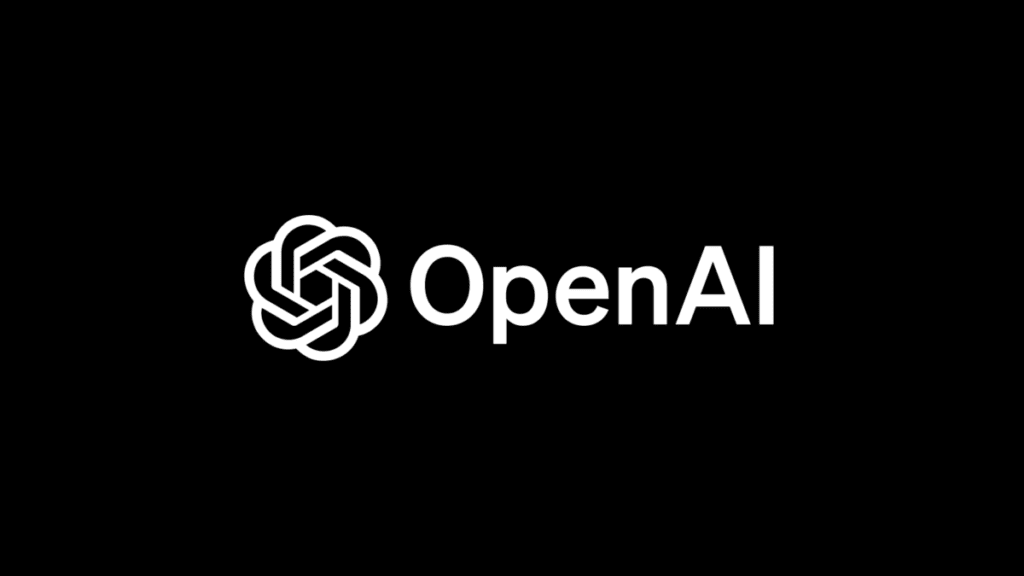Elon Musk’s ambitious $97.4 billion bid to acquire OpenAI, the company behind ChatGPT, has been officially rejected by its board of directors. However, some experts argue that this move may not be a failure from Musk’s perspective. While the bid was unsolicited, it has sparked discussions that could potentially disrupt CEO Sam Altman’s vision for OpenAI’s future.
Musk’s bid is perhaps a tactic to make things difficult for Altman in his current quest to shift OpenAI from a dual non-profit system to a straightforward for-profit corporation. For Johnnie Penn, an associate teaching professor at Cambridge University, it might be how Musk slows things down for OpenAI.
A Battle of Structures and Values
The structure of OpenAI lends itself to this situation making it so interesting. The organization is based on a peculiar model that has a non-profit mission coupled with a for-profit entity, a model that has generated controversy and debates in the tech world.

The offer made by Musk and his team of investors, including Hollywood superagent Ari Emanuel, was undoubtedly huge. But it was still short of OpenAI’s latest valuation of $157 billion in its most recent funding round. Some industry experts even put OpenAI’s value at a whopping $300 billion today.
Musk’s potential motivations extend beyond just acquiring OpenAI. One key aspect of Altman’s plan involves stripping away OpenAI’s non-profit oversight. This transformation requires navigating complex financial and legal hurdles, and Musk appears to be amplifying those challenges.
Dr. Penn explains that Musk is attempting to increase the perceived value of OpenAI’s non-profit assets. By doing so, he makes it more expensive for Altman and OpenAI to untangle themselves from the obligations tied to their original non-profit commitments.
Lutz Finger, a senior lecturer at Cornell University and founder and CEO of AI startup R2Decide, notes that Musk’s offer effectively puts a tangible price on the non-profit side of OpenAI, which may have a huge impact on the way the breakup plays out.
The Musk-Altman Rivalry
The conflict between Musk and Altman is nothing new. The two have had years of philosophical and strategic differences when it comes to AI. Musk was one of the original co-founders of OpenAI, but he departed the organization back in 2018 due to fears about its direction and a possible conflict of interest with Tesla’s AI ventures.
Since then, Musk has openly criticized OpenAI’s direction, particularly its partnership with Microsoft, which now holds significant influence over the company. He has also launched his own AI venture, xAI, positioning it as an alternative to OpenAI’s approach to artificial intelligence.
For Musk, OpenAI’s transformation into a corporate giant with a valuation in the hundreds of billions contradicts its initial mission. Originally founded as a non-profit dedicated to ensuring that AI benefits humanity rather than being monopolized by a select few, OpenAI has since evolved into a commercial powerhouse. Musk has expressed concerns that it is becoming overly profit-driven, aligning itself too closely with Big Tech rather than serving a broader public interest.
The Larger Implications of Musk’s Bid
Musk’s action is not only about disrupting OpenAI but also communicates something about AI regulation and competition. The future of AI is changing at breakneck speed, and the companies that own these technologies have a huge influence over the direction of automation, communication, and even decision-making within society.
By making a high-profile bid, Musk forces a discussion on OpenAI’s governance and raises questions about whether the company is staying true to its original goals. He also puts pressure on Altman and his team, making it harder for them to transition OpenAI away from its non-profit origins without scrutiny.
In addition, the bid demonstrates how the AI industry is in a competition to lead. As Google DeepMind, Anthropic, and xAI seek to gain control, any interruption to the growth of OpenAI works in favor of its competitors. Even if Musk had no plans for the bid to be successful, it already served a strategic purpose by disrupting the discussion about the future of OpenAI.
What Comes Next?
OpenAI’s board has made it clear that they are not interested in Musk’s offer. However, the ripple effects of this bid could continue for months, if not years. Altman and his team will now have to navigate an increasingly complex landscape, with heightened scrutiny over their restructuring efforts.
Musk, meanwhile, is likely to continue positioning xAI as a major competitor in the field. His criticisms of OpenAI’s corporate partnerships and ethical direction will only grow louder as AI technology becomes more integrated into everyday life.
Fundamentally, this fight is not about control or money—it is about the future of artificial intelligence and the ethics that will direct its creation. Whether Musk’s offer was an actual acquisition move or a disruptive tactic, it has effectively brought back into focus discussions on AI ethics, corporate governance, and the dynamics of power that shape the industry.








